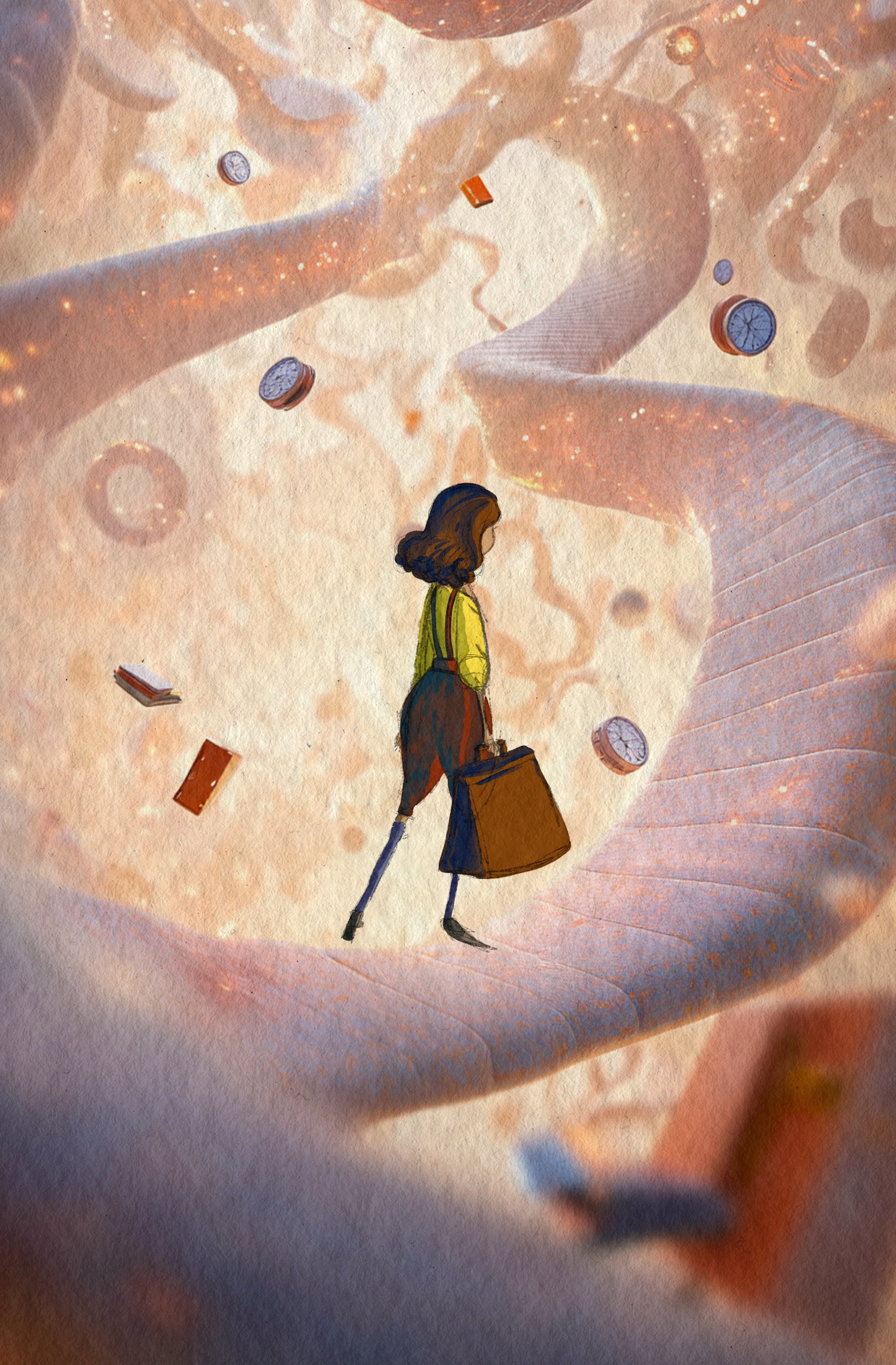Welcome from Jacoba Matapo and Dr Dion Enari, Chair Associate Professor and Co-Chair of Moanaroa Pacific Research Network
Abstract
Kia Ora, Kia Orana, Malo e lelei, Malo Ni, Bula Vinaka, Talofa and warm Pacific greetings.
We, as the Chair Associate Professor Jacoba Matapo and Co-chair Dr Dion Enari of Moanaroa Pacific research network, are thrilled to be contributing to the editorial of this special edition showcasing the reach of Pacific and Indigenous research across AUT. Our research as Chair and Co-Chair of Moanaroa Pacific Research Network is dedicated to realising Pacific research aspirations that centre Indigenous Pacific knowledge systems, research methodologies and practices shaped with and of direct benefit to Pacific communities (Enari et al, 2024).
We acknowledge the positionality of all contributors and the affirmative and strengths-based position of the research, highlighting complexities of navigation across disciplines, methodologies, and researcher positionality. The contributors of this edition are Pacific researchers, Pacific allies, and Indigenous peoples from other nations, however, sharing synergy in the unique and multifarious contexts and paradigms of graduate research.
As a Pacific and Indigenous special edition, we open the order of contributions with Tangata whenua. As a Māori/Tongan researcher reflecting on her doctoral journey as a doctoral student, Toakasi Raukura Keeti Amoamo's contribution is in the Māori language. Her work explores the intersectionality of postgraduate students with Māori and Pacific ancestry. As a native Māori speaker, she speaks of her upbringing within te ao Māori and the drawing upon of her Tongan roots.
The next article is by Fritz Filisi (Samoan), Sylvester Tonga (Tongan), Asim Mukhtar (Punjab). As Indigenous filmmakers, this provides the rationale for their projects and their positionality. Their research privileges their mother tongue, with English translations. These authors were raised in their respective homelands, and advocate for the importance of their Indigenous languages to be centred and affirmed, through having their contributions written in their native language first, with English translations second. This work adds to the growing body of scholarship that is now starting to use heritage languages forthrightly within academic publications, adding to the decolonisation movement both locally and globally.
From across the Pacific, i-Taukei (Indigenous Fijian) researcher Sainamili Nabou’s engages in a decolonising process, exploring insights from an I-Taukei perspective of Fijian early years development and Indigenous conceptualisations of childhood. She argues that the lack of Indigenous philosophy and content in the Fijian early childhood curriculum marginalises Fijian ways of being and Fijian indigenous knowledge systems. As a Fijian I-Taukei researcher, Sai shares her journey as doctoral student rediscovering, decolonising and affirming local indigenous wisdoms in Fijian early childhood.
As an ally (non-Pacific Indigenous researcher) Roxane de Waegh explores the significance of climate change in the Pacific, where her research highlights the socio-ecological systems inherent in the Cook Islands and Tonga. She advocates for the centring and privileging of Pacific voices and wisdom in climate change discourse.
The final article written by Cook Islands Māori Brandon Ufsby talks about how Cook Island Māori are a minority within the within the Pasifika minority in New Zealand. It explores how the term Pasifika was designated for New Zealand-born Pasifika peoples and defined by other Pasifika groups. This article provides the rationale to the author's master's research, which explores the lived experiences of Cook Islands Māori in New Zealand universities and their relationship within the Pasifika term.
The research compiled in this collection presents a powerful testament to the dynamism and depth of Pacific and Indigenous scholarship, reflecting insightful engagement with diverse epistemologies and methodologies that cross disciplinary boundaries. Each contribution uniquely advances an understanding of the complex socio-cultural, ecological, and linguistic landscapes of the Pacific region, highlighting the resilient and adaptive capacities of its peoples. Together, these studies not only bridge gaps but also forge new connections among Pacific peoples, allies, communities, and industries, nurturing the 'vā'—the relational space between elements, enhancing collective and distinct identities within Pacific research (Matapo & McCaffery, 2022). This special edition stands as a compelling advocacy assemblage. Through this work, the affirmation of Indigenous and Pacific identities, methodologies, and knowledge systems, seeks a more inclusive and decolonised academic discourse. In the spirit of fa’amoemoe (hopes/aspirations), we hope this issue bridges and nurtures the vā between Pacific researchers, Pacific communities, allies and the wider University.
Ia manuia.
Chair of AUT Moanaroa Pacific Research Network, Associate Professor Jacoba Matapo
Co-Chair of AUT Moanaroa Pacific Research Network, Dr Dion Enari
Downloads
Metrics
References
Enari, D., Matapo, J., Ualesi, Y., Cammock, R., Port, H., Boon, J., ... & Faleolo, R. (2024). Indigenising research: Moanaroa a philosophy for practice. Educational Philosophy and Theory, 1-10.
Matapo, J., & McFall-McCaffery, J. T. (2022). Towards a vā knowledge ecology: mobilising Pacific philosophy to transform higher education for Pasifika in Aotearoa New Zealand. Journal of Higher Education Policy and Management, 44(2), 122–137. https://doi.org/10.1080/1360080X.2022.2041258
Copyright (c) 2024 Jacoba Matapo, Dion Enari
Article text:

This work is licensed under a Creative Commons Attribution 4.0 International License.
Photos:
The images in Rangahau Aranga are not covered by the Creative Commons license and are subject to copyright. Permission to reproduce this material must be sought from the copyright holder concerned.






